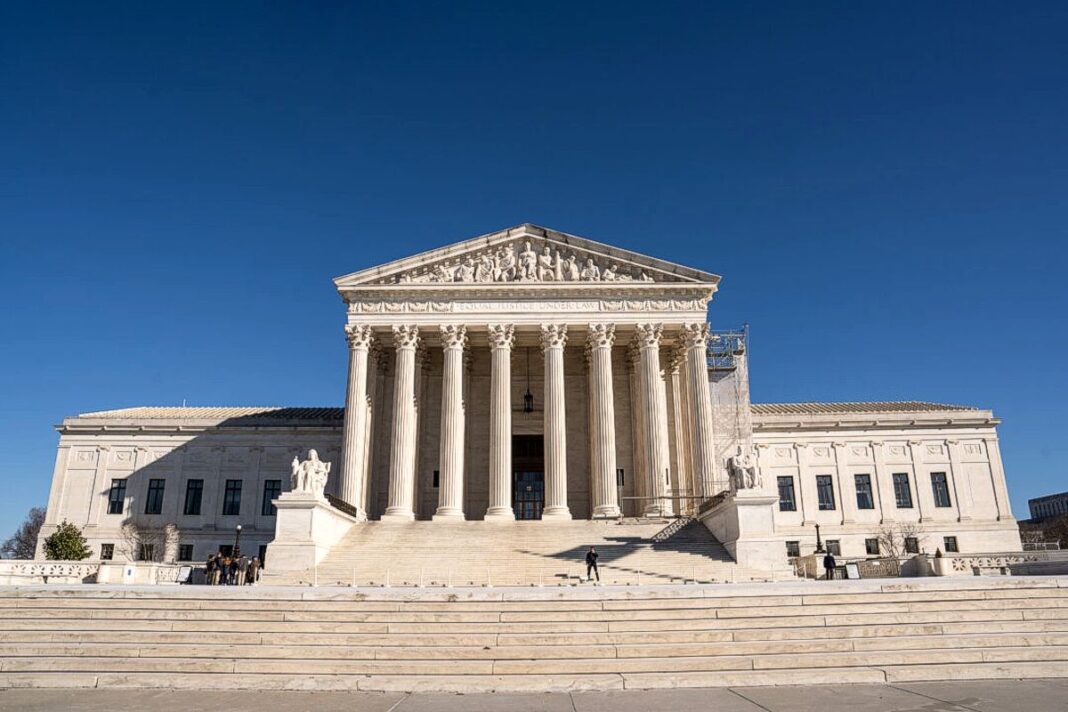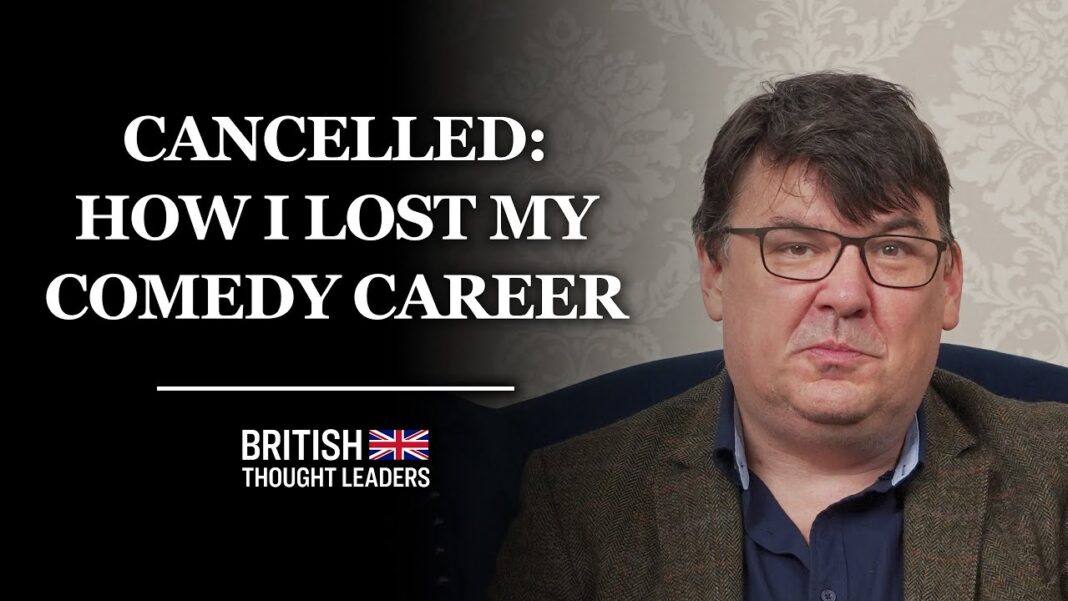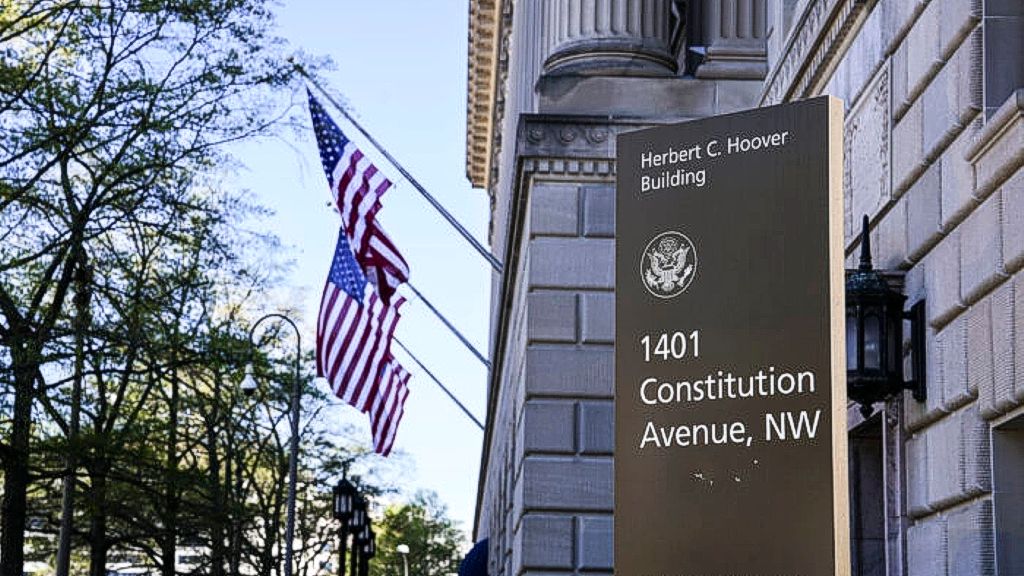A lower court ruled earlier this year that only the government can bring such cases.
The U.S. Supreme Court was asked to issue a ruling on whether citizens can enforce the Voting Rights Act after a court ruled that the government is the only entity that can enforce the law.
A petition filed Tuesday to the high court from a Native American coalition asked the justices to overturn a ruling that was issued by the U.S. Court of Appeals for the Eighth Circuit earlier this year that found that only the government can enforce the Voting Rights Act (VRA). It also said that voters and groups cannot bring lawsuits under the 1965 law’s Section 2, which encompasses racial discrimination and voting laws.
“Section 2 is, and always has been, enforced primarily by private litigants,” said the coalition’s petition on Tuesday. “Congress enacted the VRA to enforce the rights-creating guarantees of the Fourteenth and Fifteenth Amendments, and crafted Section 2 in explicitly rights-creating terms.”
Arguing that the appeals court’s decision should be reversed, the petitioners wrote that “there is abundant textual evidence that Congress intended and sought to encourage vigorous private enforcement of Section 2.”
Section 2 prohibits voting procedures that discriminate on the basis of race, skin color, or language, according to the text of the law on the Department of Justice’s (DOJ’s) website.
The Eighth Circuit, which covers Arkansas, Iowa, Minnesota, Missouri, Nebraska, North Dakota, and South Dakota, has issued three rulings holding that individuals and private entities don’t have standing to bring challenges against voting laws. The court issued rulings in May and July on the issue.
Tuesday’s petition to the high court was brought by the Spirit Lake Tribe and Turtle Mountain Band of Chippewa Indians, arguing that North Dakota’s 2021 legislative map violated the Voting Rights Act and claimed the redistricting would weaken the two tribes’ voting strength.
But the appeals court, in the May order, wrote in a 2–1 decision that only the DOJ could bring such lawsuits, and the full circuit declined to take up the case.








